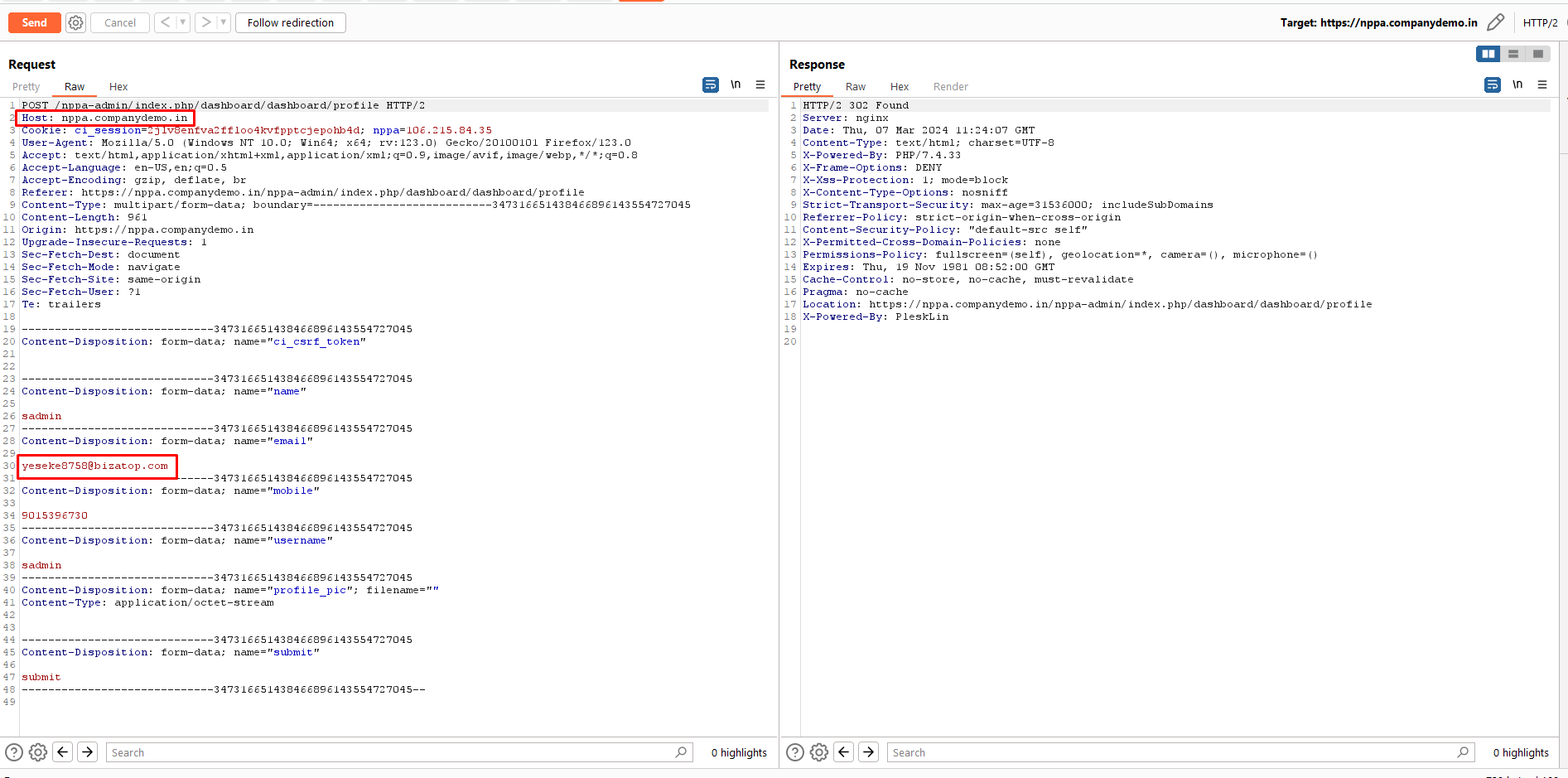Annexure-I
“SUMMARY OF THE CONCLUSIONS IN THE JUDGMENT OF HON’BLE SUPREME COURT OF INDIA IN CIVIL APPEAL NOS 3375 – 3384/2002 FILED BY THE MINISTRY OF CHEMICALS AND FERTILIZERS, GOVERNMENT OF INDIA.”
-
Where the Central Government as the delegate of legislative power announces a rational policy in keeping with the purposes of enabling legislation and even lays down specific criteria to promote the policy, the criteria so evolved become the guide-posts of its legislative action. While classifying the drugs for the purpose of price control, it is not open to the Government to flout or debilitate the set norms which it professed to follow in the interest of transparency and objectivity. Otherwise, there will be an element of arbitrariness and the delegated legislation will not withstand the test of Article 14.
-
The expression ‘turnover’ in Drug Policy, 1994 represents the sale value of bulk drug sold as such or in the form of formulations.
-
Export sales should not be taken into account while computing turnover.
-
The sum total of production and imports of bulk drug cannot be equated to turnover, though they are not altogether irrelevant in calculating the turnover.
-
ORG data does not give exhaustive account of turn over of bulk drug. It may furnish the basis for estimating the turnover, but is not the sole guide.
-
For the purpose of criterion No. (iii) of the Drug Policy, the single ingredient formulators alone ought to be taken into account as clarified by the Govt. of India.
-
Burden lies on those who challenge the legislation on the ground of violation of Article 14 to make out their case by furnishing all the relevant material which is within their reach and knowledge. There should be frank disclosure of material facts, more so, when the plea is founded on certain factual aspects. The mere vagueness or lack of clarity in the stand taken by the Union of India does not by itself advance the case of the writ petitioners.
-
The plea of writ petitioners ought to have been tested and subjected to scrutiny in the light of all relevant factors instead of merely considering whether the particulars furnished by the petitioners were effectively controverted or not. Such an approach of the High Court is wholly impermissible while deciding the validity of legislation – plenary or delegated from the stand point of Article 14.
-
9. The plea of discrimination between one drug and another is unfounded and should not have been accepted by the High Court.
-
As a result, the judgment of the High Court is set aside and the writ petitions out of which these appeals arise shall stand restored to the file of the High Court and the High Court will have to consider afresh the relevant aspects concerning the criteria laid down in para 22.7.2 of the Drug Policy, 1994 in relation to each drug, having due regard to the observations made in the judgment. The High Court may endeavor to expedite hearing of the writ petitions.
-
The appeals are accordingly allowed without costs. We also consider it just and proper to give liberty to the appellant and the concerned statutory authorities to recover 50% of the over charged amounts pending fresh determination by the High Court. Accordingly, we direct stay of recovery of 50% of the over charged amount subject to the payment of remaining 50% within the period of four weeks from the date of communication of the amount payable by each of the writ petitioners.”
Last Page Updated: 06-06-2019
Copyright © 2023 - All Rights Reserved- Official Website of National Pharmaceutical Pricing Authority Ministry of Chemicals and Fertilizers, Government of India
Note :Website Content Managed by National Pharmaceutical Pricing Authority Ministry of Chemicals and Fertilizers, Developed and maintained by ADG Online Solutions Pvt Ltd



















